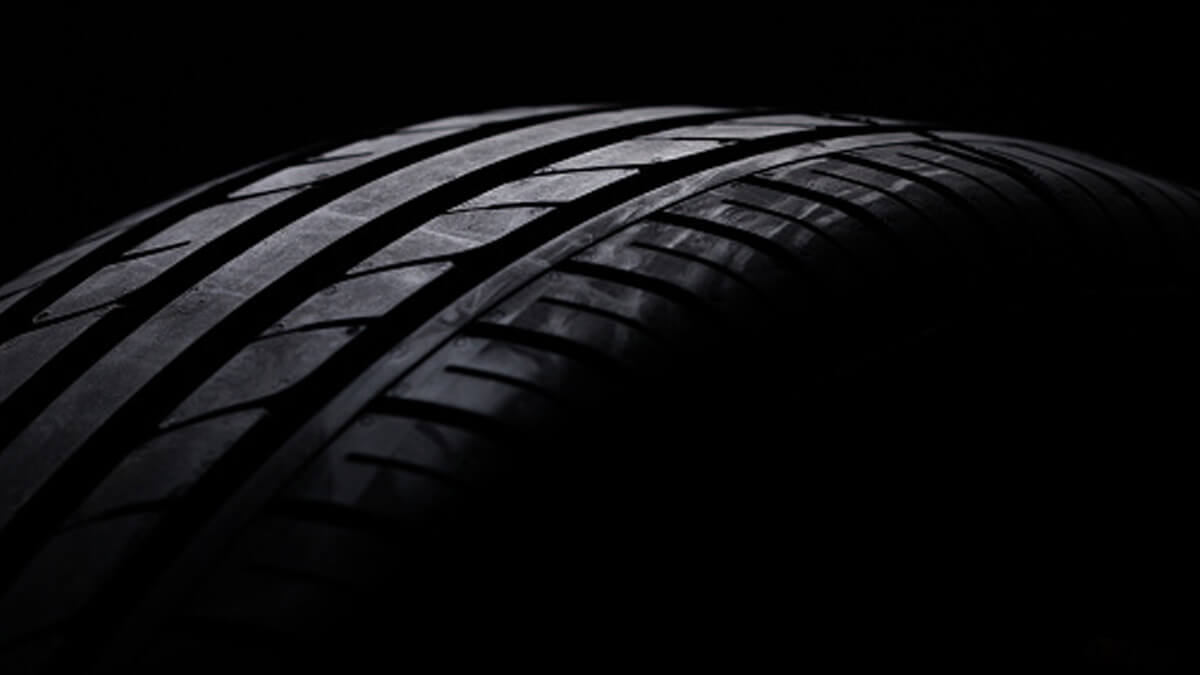The use of natural resources and their traditional journey into raw materials, products – and ultimately, the waste stream – is being re-thought in a new model called the circular economy. According to the EPA, a circular economy reduces material use, redesigns materials to be less resource intensive, and recaptures “waste” as a resource to manufacture new materials and products. That’s exactly what we’re doing at Liberty Tire Recycling.
Using recycled rubber, we manufacture or provide material for products made for commercial, residential and infrastructure use, with environmental and sustainability value that is critical for a circular or “green” economy to become a reality. Here are just a few examples of products using recycled tires that are contributing to this new model.
Rubberized Asphalt
Rubber asphalt additives have been used for decades to increase pavement safety and performance, but Liberty SmartMIX™ is a new additive that simplifies rubber enhancement for asphalt projects, and makes it more cost-effective than ever. An easy-to-use material that improves compaction, flexibility and durability, SmartMIX ™ is made from recycled tires – turning what would have been waste into an innovative product that also meets the industry’s need for performance and affordability.
Athletic Fields and Running Tracks
Installed in more than 15,000 athletic fields across North America, crumb rubber remains the most cost-effective, innovative solution for improving the safety and durability of sport surfaces. For 20 years, crumb rubber supplied by Liberty has been used as a sustainable material for sports fields and running tracks, and continues to be the product of choice for the nation’s largest synthetic turf companies.
Tire-Derived Fuel
As an alternative energy source to coal, oil and natural gas, Tire-Derived Fuel (TDF) is consumed by cement kilns, pulp and paper mills, and power plants, and Liberty Tire sells more TDF than any other tire processor in North America. Based on more than a decade of testing, the U.S. Environmental Protection Agency recognizes the use of TDF as a viable alternative to fossil fuels. When used as an alternative energy source, TDF produces more energy than coal—generating up to 15,500 BTUs per pound—with lower levels of moisture, sulfur, nitrogen and ash. If more widely used, the number of scrap tires generated in the U.S. could provide an energy source equivalent to 13 million barrels of oil each year.
Tire-Derived Aggregate
For civil engineering applications, tire-derived aggregate is a sustainable and affordable alternative to conventional fill. Recycled tire shreds three inches or smaller are used as drainage material, and shreds of six inches or larger are used as permeable fill for infrastructure. Tire-derived aggregate has 1/3 the weight of soil, drains 10 times better than soil, insulates 8 times better than stone, and costs less than sand and gravel. And the best part: Every cubic yard of tire-derived aggregate provides a beneficial end-use for 75 recycled tires.
Landscaping Mulch
One of the most popular consumer end-uses for recycled tires is in the production of rubber mulch for gardening and landscaping. Rubber mulch serves many of the same purposes as wood mulch but has the added benefits of longer durability, high permeability, and weight that prevents scattering. Rubber mulch does not absorb water, allowing more water to reach plant roots. And unlike wood, rubber mulch does not feed pests like termites or carpenter ants. Additionally, rubber mulch eliminates the need for annual mulching. While wood mulch degrades quickly, rubber mulch does not decompose and will maintain its color for more than 10 years.
Industrial & Consumer Products
Hundreds of U.S. companies make a variety of recycled rubber products for consumers, including floor mats, spacers and washers, weightlifting plates, vehicle mudguards, stamped rubber products, and dock bumpers.
Recycled tire rubber is also incorporated into an increasing number of construction products, including accessibility ramps and flooring products; sealants, coatings and caulking; roofing systems; waterproof membranes and soundproofing solutions.
Liberty is constantly working to find new and innovative consumer applications and markets for its products. In the end, recycling rubber keeps millions of scrap tires out of landfills each year, making the entire process a true green alternative – and a compelling example of the circular economy in action.


